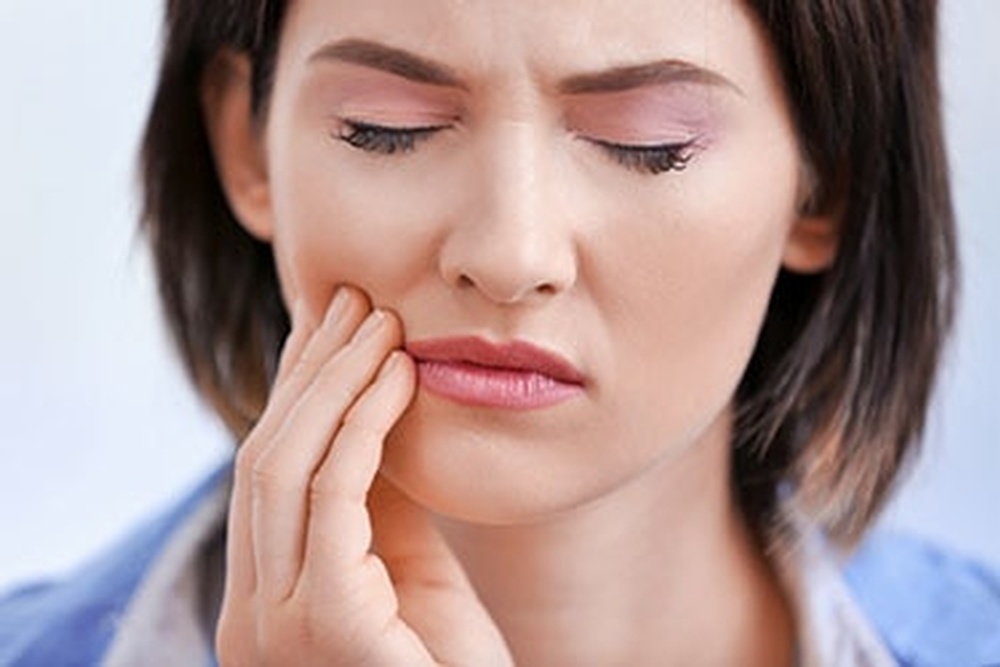My jaw hurts…. Please fix me

Jaw clenching and or teeth grinding known as BRUXISM is a very common condition that affects men, women and children.
Teeth grinding involves moving the jaw with the teeth held together.
Teeth clenching is simply holding the teeth together and tightening the jaw muscles.
While grinding causes more tooth damage clenching can be harmful due to muscle soreness, damage to jaw joints and in extreme cases cause tooth fracture.
People may not even be aware that they are doing this but rather their partner informs them of the noise they are making
SIGNS AND SYMPTOMS YOU MAY BE A BRUXER
If you are waking up with a dull constant headache or earache, facial tenderness or soreness of the jaw bone you are maybe clenching or grinding your teeth while you sleep.
You may also have general sensitivity to heat, cold and pressure on many of your teeth.
Your dentist may notice advanced wear of the enamel on your molars where the points of the teeth once were.
Recession and notches along the sides of your teeth may also be a sign.
Tori formation on the floor of the mouth. These are bone protrusions caused by excessive calcium deposits from constant occlusal trauma.
Your tongue maybe scalloped from the pressure along the teeth.
You may notice you are having more broken teeth or fillings.
WHAT CAUSES BRUXISM?
Although teeth grinding can be caused by stress and anxiety it often can be from an abnormal bite. Missing teeth, crooked teeth also lead to an abnormal bite.
Sleep disorder like sleep apnea can also cause one to grind teeth at night.
There are even genetic conditions like Parkinson's disease, dementia, GERD, epilepsy, night terrors, and ADHD.
WHAT CAN I DO?
Fortunately, sleep bruxism can be treated. Winding down before going to bed to give your muscles time to fully relax is recommended. Applying a warm compress to jaw muscles before bed can also help. If necessary, a dentist can fit you with a nighttime mouth guard to cushion teeth during sleep.
A night guard prevents further damage of teeth by absorbing and dispersing the forces, protecting the enamel for wearing down. Having this barrier between teeth can also relieve the tension in the jaw muscle from clenching so hard.

The best night guards are custom-fitted ones from a dental impression. This type of guard offers the most protection and comfort for those with teeth clenching or grinding issues.
There are also generic mouth guards or Over The Counter Night Guards that can do a similar job but will not fit as well or as comfortably as a custom-fitted one.
If you suspect that you are grinding your teeth talk to us. Regular dental exams are the best way to detect bruxism. It is much easier to find and correct an issue than to fix a damaged tooth.
Prevention is the best form of treatment.
.jpg)